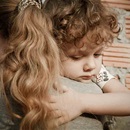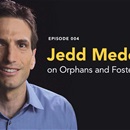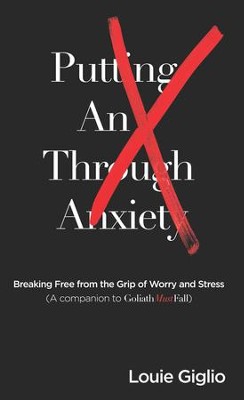Christmas Challenges for Kids with Common Mental Health Concerns
Description
Over the past five to ten years, our child and adolescent psychiatry practice has grown increasingly busy during the Christmas season. The struggles many adults experience with depression and loneliness at this time of the year have been very well-documented. The struggles kids with common mental health conditions experience at Christmas are less well-documented.
We’ll look at three common struggles the kids with mental illness experience over Christmas break and offer ideas parents might try to minimize the impact of the holidays upon their children.
Problem: Kids who are anxious and/or struggle with obsessive thinking don’t do well with too much free time over Christmas break.
Solution: Busy is better!
This is the largest single factor that contributed to Christmas becoming a busy season in our office. Kids predisposed to sadness or irritability when they perseverate on negative thoughts often cope by filling their hours with schoolwork or extracurricular activities that serve as welcome distractions. When the normal school routine (accompanied by lots of homework, practices, performances and competitions) comes to a screeching halt in late December, it’s not unusual for kids who ruminate on bothersome or distressing thoughts become intensely more sad, angry or irritable.
Parents of kids who think too much can proactively address this problem by arranging opportunities for their child or teen to stay busy over the break. If they’re old enough, volunteer opportunities through churches and non-profits are plentiful at this time of year. Parents might consider making plans for engaging family activities…trips to art museums, science museums, movies, concerts, plays and winter sports may all be welcome diversions. The other time of year when planned trips or activities may be helpful is the first two weeks after school lets out for the summer, before the schedule of camps and summer-long activities kicks in.
Problem: Kids who struggle with emotional self-regulation, social anxiety or sensory processing often experience challenges at gatherings with extended family, or other activities associated with the Christmas season.
Solution: Parents must be careful to manage their expectations…and the expectations of family members when kids have neuropsychiatric conditions.
Some kids have more difficulty masking their disappointment over gifts than others. Emotional self-regulation is one of the executive functions that mature more slowly in kids with common mental health disorders. The picture with Santa isn’t worth it if your painfully shy kid is going to melt down at the prospect of sitting on Santa’s lap. A child with sensory issues may find the prospect of hugging Aunt Betty as downright aversive, even if she doesn’t smell of alcohol and cigarette smoke.
To the extent possible, the holidays do represent an opportunity for parents to educate relatives about the conditions their children experience, along with strategies for interaction likely to result in pleasant memories for all.
Problem: With the excitement of the season and changes in routine that occur during the Christmas season, many kids with common mental illnesses experience difficulty with self-control.
Solution: Parents and caregivers need to be very intentional in attempting to maintain some structure during a very busy holiday season.
As a general rule of thumb, kids who struggle with common emotional and behavioral disorders are capable of controlling their behavior and managing their emotions ways-it just requires much more mental effort for them to do so than for another child of the same age. I’d define “structure” as clear and predictable rules, expectations and routines for task completion and interpersonal relationships. “Structure” allows kids to devote cognitive resources and energy to the task at hand as opposed to expending mental effort navigating the immediate demands of their environment.
Let’s apply this concept to the holidays…For kids who struggle with self-control, their risk for disruptive behavior is generally reduced during predictable and familiar routines. As the environment becomes more chaotic, noisy, disorganized and unpredictable, their resources for maintaining self-control become more limited.
Parents should also be aware of the importance of re-establishing routines as the resumption of school approaches. It’s not uncommon for kids to require a week or more to settle back into their school routine after two weeks of excitement and sleep deprivation.
Dr. Steve Grcevich is a physician specializing in child and adolescent psychiatry who serves as President and Founder of Key Ministry. He blogs at church4everychild.org and may be reached at steve@keyministry.org.
 Overcome challenges with guided prayer, journal prompts, and God’s wisdom using iDisciple Growth Plans.
Overcome challenges with guided prayer, journal prompts, and God’s wisdom using iDisciple Growth Plans.

-12.png)








